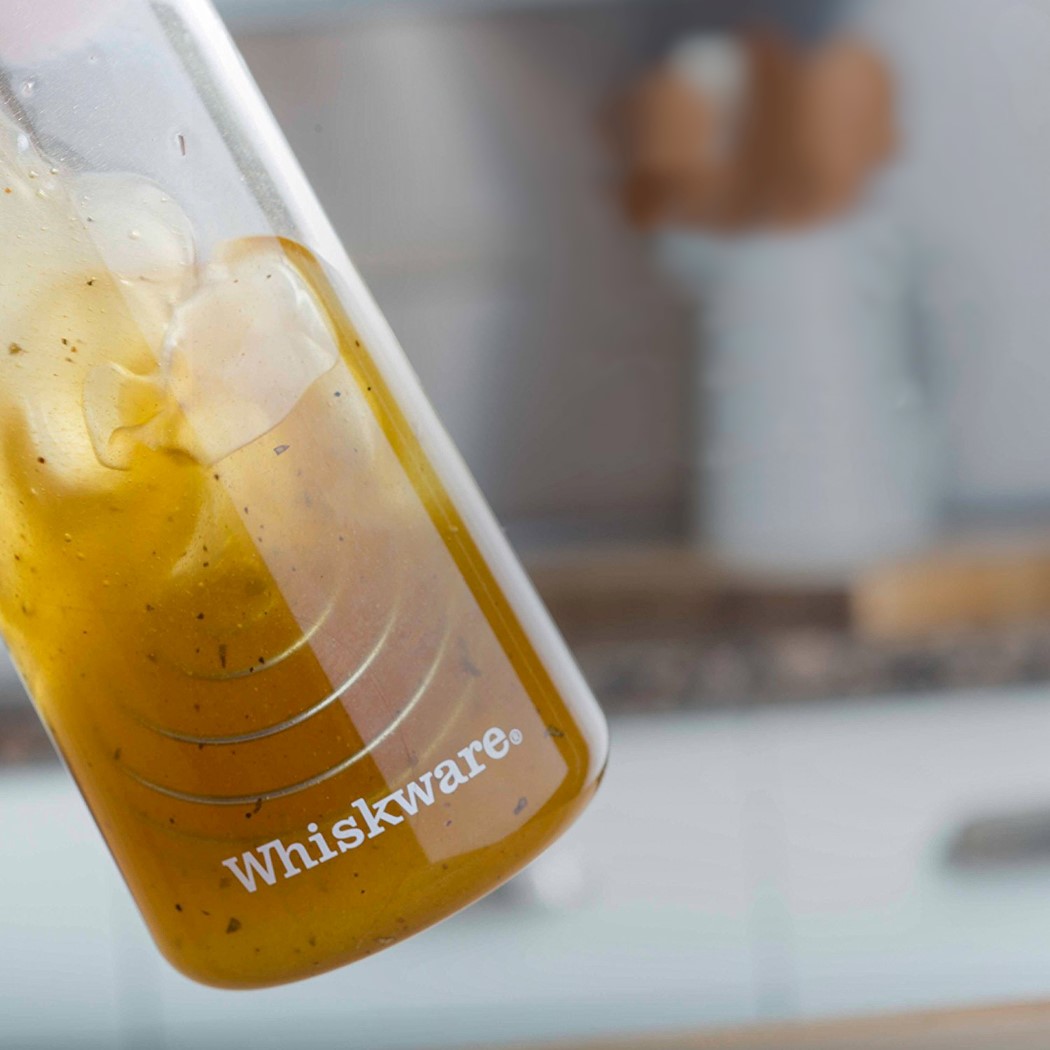Whisky, a beverage that has captivated hearts and ignited passions for centuries, stands as a timeless symbol of refinement and indulgence. Originating from the rolling hills of Scotland, whisky has extended its influence across the globe, enchanting connoisseurs with its complex flavors and the artistry behind its creation. From the moment the amber elixir caresses the lips, it unravels a sensory journey unlike any other, weaving together centuries of tradition, dedication, and craftsmanship.
With every sip, whisky transports us to a realm where time seems to stand still, where the aroma of oak barrels mingles with the gentle smokiness, creating an intoxicating symphony of scents. It’s a testament to the skill and expertise of the master distillers, who painstakingly curate the right blend of grains, the optimal aging process, and the harmonious interplay of nature’s elements to bring forth liquid gold that tantalizes the senses.
Each drop of whisky is a celebration of heritage and tradition, paying homage to the rich history that accompanies its creation. The distilleries that dot the landscapes of Scotland, as well as other whisky-producing regions around the world, become gateways to a world of unparalleled taste and artistry. From the iconic single malts to the bold blends, whisky holds within its golden depths a story waiting to be unraveled, revealing the essence of the lands that nurtured it and the people who pour their passion into its creation.
As we embark on this journey into the realm of whisky, we invite you to join us in uncovering the secrets held within each glass, exploring the diverse flavors, and diving into the captivating tales that dance along the amber spirits. Together, we shall unravel the storied legacy of whisky, raising a glass to its mastery and indulging in the pleasure it bestows upon those who are willing to savor its enchanting elixir.
History of Whisky
Whisky, a beloved spirit enjoyed by many, has a rich and fascinating history that traces back centuries. Its origins can be traced to ancient civilizations such as the Babylonians and the Egyptians, who were among the first to experiment with the production of distilled spirits.
The art of distilling spirits spread throughout Europe during the Middle Ages, with monks playing a significant role in its development. Monasteries became known for producing medicinal spirits, including early forms of whisky, which were believed to have healing properties.
In the 16th century, the production of whisky began to thrive in Scotland and Ireland. The cool climate and abundant supply of barley made these regions ideal for whisky production. Scottish and Irish distillers perfected their techniques over time, using copper stills and oak barrels to create the distinct flavors for which their whiskies are renowned.
Macallan 25
Over the years, whisky has evolved and diversified, with different countries adopting their own styles and methods of production. From the peaty and smoky flavors of Islay whiskies to the smooth and mellow profiles of American bourbon, the world of whisky offers a vast array of choices for enthusiasts to explore.
As we journey through the history of whisky, we discover not only the evolution of a spirit but also the stories and traditions that have been passed down through generations. The craftsmanship and dedication of distillers have elevated whisky to a status of legendary elixirs that continue to ignite the senses and captivate our palates.
The Distillation Process
Whisky’s exceptional flavor profile and distinctive character can be attributed to the intricate distillation process it undergoes. This artful transformation from grain to golden elixir involves several key steps that shape the final product.
Firstly, the process begins with the selection of the finest grains, often including barley, corn, rye, or wheat. The grains are then ground into a fine powder, ready to be introduced to water. The blend of water and grains forms a mash, which is carefully heated in large vessels known as mash tuns. Through this process, starches in the grains are converted into fermentable sugars, providing the foundation for the next stage.
Next comes fermentation, where yeast joins the mixture to work its magic. Yeast consumes the sugars within the mash and converts them into alcohol. This stage is crucial in adding complex flavors and aromas to the whisky. The resulting liquid, known as the wash, is then ready for distillation.
Distillation is where the real alchemy happens. The wash is transferred to large copper stills, where it is heated. As the liquid vaporizes, it rises through the still and condenses, producing a purer substance dripping from the other end. This process is repeated, typically double or even triple distilling, to refine the whisky even further. Each distillation eliminates impurities, while also capturing the desired flavors and aromas that set each whisky apart.
The distillate, now rich in character and proof, is ready for maturation. This marks the beginning of the whisky’s journey inside wooden casks, where it will spend years absorbing the essence of its surroundings. The choice of cask plays a significant role in influencing the final taste, as the whisky interacts with the wood, taking on its flavors and gradually mellowing over time.
The distillation process is a carefully orchestrated dance between science, tradition, and artistry. It is this intricate process that yields the nuanced and captivating elixirs that whisky enthusiasts hold dear. Each stage brings its own unique contribution to the final product, resulting in a drink that captivates the senses and embodies the spirit of whisky.
Exploring Flavors and Varieties
Whisky, with its wide range of flavors and varieties, offers an exquisite sensory experience for enthusiasts and novices alike. From smoky and peaty to sweet and fruity, the diverse flavor profiles of whiskies can transport one on a delightful journey of taste.
One of the most popular varieties of whisky is Scotch whisky. Known for its distinctive smoky and peaty flavors, Scotch whisky is made primarily from malted barley and aged in oak casks. Each region in Scotland produces its own unique style of Scotch whisky, showcasing the influence of local ingredients and traditional production methods.
Irish whiskey, on the other hand, is typically smoother and lighter in taste compared to Scotch whisky. Made from both malted and unmalted barley, Irish whiskey is triple distilled, resulting in a delicate and mellow flavor. It often carries notes of vanilla, honey, and citrus, making it a popular choice for those who prefer a softer and more approachable whisky.
American bourbon whiskey has its own distinct character. Produced primarily in the United States, bourbon is made from a mash bill that includes at least 51% corn. This gives it a rich and sweet flavor profile, often featuring notes of caramel, vanilla, and oak. Bourbon is aged in new charred oak barrels, which contributes to its deep amber color and robust taste.
In addition to these well-known varieties, there are whiskies from around the world that offer their own unique flavors. From the peaty Islay whiskies of Scotland to the smooth and smoky Japanese whiskies, each region and distillery leaves its mark on the final product.
In conclusion, exploring the world of whisky is a truly captivating experience. With its vast array of flavors and varieties, whisky undoubtedly has the power to ignite the senses and leave a lasting impression on those who delve into its exquisite depths. Whether one prefers the smoky depths of a Scotch whisky or the gentle sweetness of an Irish whiskey, there is a whisky out there to suit every palate. So raise your glass and embark on a journey of taste, as you uncover the legendary elixirs that whisky has to offer.



